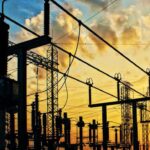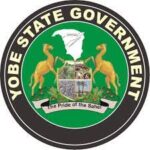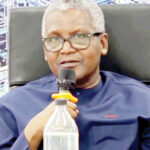Vice President Yemi Osinbajo will next week unpack Nigeria ‘Bouncing Bank’ economic programme, and outline how the country will chart a course to prosperity after the coronavirus pandemic.
A statement by the Africa Report said Osinbajo would unveil the plan in a webinar slated for September 24.
- Nigerian economy doing better than projected — Finance minister
- COVID-19: How CBN’s interventions saved economy
The webinar will be followed by an extended question and answer session with the Vice President, giving the participants the chance to quiz him on the provisions and financing of Nigeria’s Bounce Back programme using the Twitter hashtag #AskOsinbajo, during the sign up process, and in person online during the event.
Africa’s biggest economy and most populous country – has been hard hit by the coronavirus pandemic.
Its success in navigating its way out of the global economic slowdown has critical implications for the West Africa region and the continent beyond.
Although Nigeria’s team of health professionals have fended off the worst public health effects of the pandemic, the national economy has been battered by shrinking markets and falling export prices.
Worse still, a price war between Russia and Saudi Arabia has further depressed the price of Nigeria’s vital exports of crude oil.
But to address that, President Muhammadu Buhari appointed Vice President Yemi Osinbajo to chair the Economic Sustainability Committee to develop, along with the country’s top economic ministers, a plan to relaunch the country on a sustainable growth path.
The Bouncing Bank plan includes, multi-billion dollar investments in agriculture across all 36 states and public works and road building programme, mass housing programme to build 300,000 new homes a year, solar power systems for 25 million households, and rapid expansion of broadband connectivity across the country to boost commercial competitivity and educational services
Others are: ‘Made in Nigeria’ drive focusing on manufacturing: shoes and textiles, ceramics, plastics, furniture, steel fabrication and building materials, using Africa’s biggest gas reserves, the 7th biggest in the world, as feedstock for industrialization and domestic power source.

 Join Daily Trust WhatsApp Community For Quick Access To News and Happenings Around You.
Join Daily Trust WhatsApp Community For Quick Access To News and Happenings Around You.


